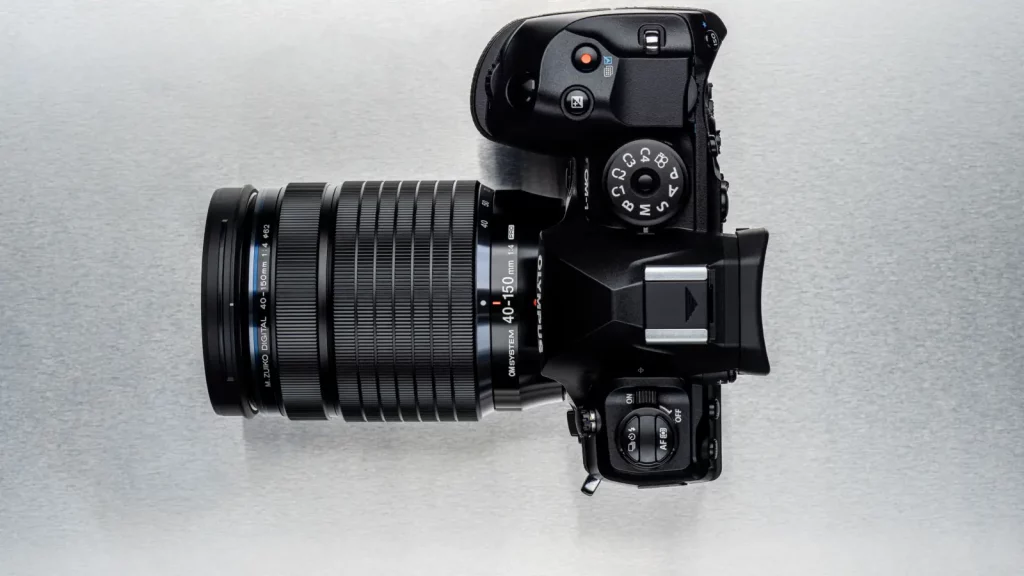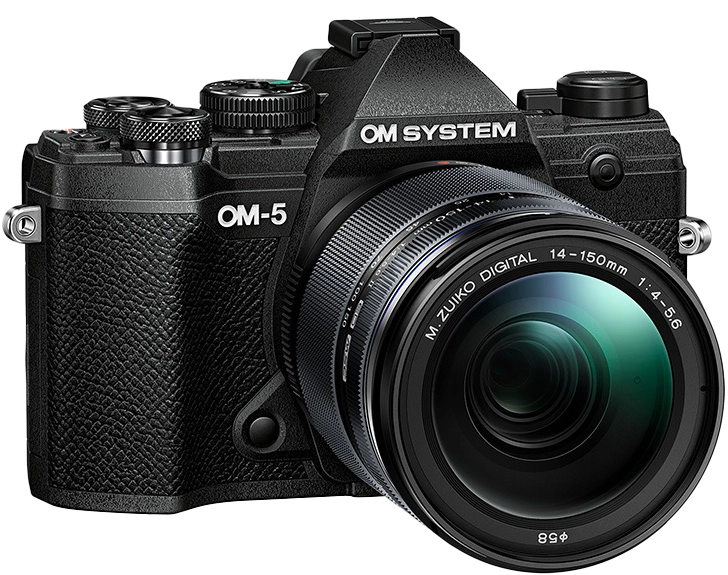With the OM-1, OM Digitalsolutions has taken intelligent object detection, introduced the OM-D E-M1X to a new level and called it “AI detection AF”. In addition to the additional detection of cats and dogs, both the speed of detection and the accuracy have been significantly improved. I want to discuss which improvements have been achieved and how briefly.
Speed
The OM-1 introduces two new essential improvements for subject detection AF. On one hand is the sensor, and on the other hand, the image processor
The new sensor is a backside illuminated stacked CMOS sensor with pixels divided into four sub-pixels. This design brings two essential improvements compared to the OM-D E-M1X. A stacked sensor can be read out much faster and can deliver needed information for AF calculation faster. The four sub-pixel information can be read out separately and could be utilized as cross-sensors for phase detection autofocus. This is the reason why the OM-1 has a 100% sensor coverage of autofocus sensors. However, providing faster information is only one thing. To be able to utilize this data, the image processor has to be able to process those data. Therefore, the new image processor of the OM-1 is much faster than the one in the E-M1X.

Precision
Besides speed, accuracy in subject detection is as important. A fast autofocus is not helpful if the subject detection is working well. The accuracy of the OM-1 subject detection has been improved by two changes. On the one hand side, the size of the single AF points has been reduced. Therefore, there are more AF points available, which leads to a better differentiation between objects, background, and foreground. The result is that the camera is not irritated by branches or similar interruptions, which leads to improved subject detection. On the other hand, the algorithm to recognize the single subjects has been improved and programmed directly into the processor, which is thanks to the much higher processing speed able to deliver the focus results in a shorter time. The camera is able to react to changes in front of a lens much faster.

Functional AI detection AF Improvements
Luckily the improvements of the OM-1 are not only in speed and precision, but also in functionality. In case of the E-M1X the intelligent subject detection is only available when you activate C-AF + Tracking and the hole sensor area. That is the reason that the photographer is not able to recognize which subject will be focused on. Even though the camera focus on the subject which is closest to the selected AF point.
The OM-1 is offering intelligent subject detection also on S-AF and the “normal” C-AF mode. In opposite to the C-AF + Tracking, which is following the focused subject, S-AF and C-AF keeps the position in the frame and reacts accordingly. This enable the photographer to decide which of the functionality fits to his / her needs best.

Conclusion about AI detection AF
The new generation of subject detection as essential improvements compared to the one introduce three years ago with the E-M1X. All aspects, which do have influence in subject detection, has been improved.
Die neue Generation der Objekterkennung ist eine wesentliche Verbesserung gegenüber der vor 3 Jahren vorgestellten E-M1X. Alle Aspekte, die einen Einfluß auf die Objekterkennung haben, wurden wesentlich verbessert. The interaction of the new sensor, new processor, and new algorithms gives you a package that makes it much easier to photograph objects such as birds in flight. This development also shows what we can expect from new camera generations in the future. Instead of just increasing the number of pixels, there will be more and more computational photography, in which the camera provides functions that make it easier for the photographer to achieve results. After all, with 20 million pixels, the OM-1 is more than enough to print out pictures of any desired size and hang them on the wall.
OM-1 details
Interested in details about the OM System OM-1, then read “OM System OM-1 introduced”




Pingback: Autofocus guide OM-1 - Basics - Michael Guthmann
Pingback: AF customization with the OM System OM-1 - Michael Guthmann
Pingback: AF Anpassungen mit der OM System OM-1 - Michael Guthmann
Pingback: OM System OM-1 introduced - Michael Guthmann